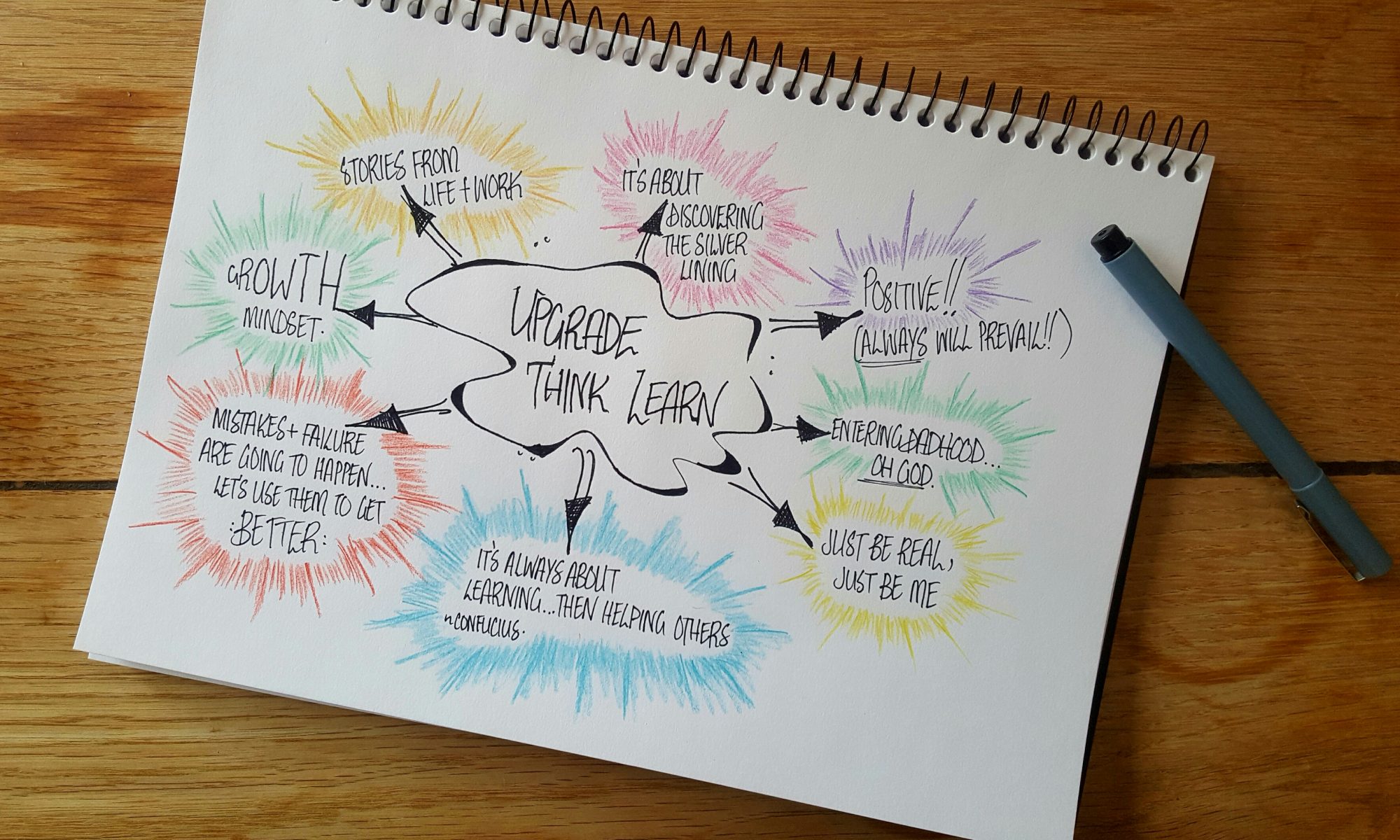A funny and shocking thing happened earlier this week. I was given some information and insights that rocked the world inside and around my brain.
While speaking with a few friends from different industries I realised a lot of the work and team practices I took for granted as commonplace aren’t really common in corporations.
Simple practices in schools, like giving specific formative feedback, relevant goal setting or building emotional intelligence, aren’t properly developed or fostered in the different corporations they’ve worked in.

During the conversation there were four key things that stood out as either inconsistent or non-existent within their corporations and teams.
I’d love to hear your own experiences and see how they stack up when compared to what a typical student and teacher go through each week in schools across Australia.
Stuff Einstein, It’s About Emotional Intelligence
There’s no doubting it, every single classroom, office, boardroom or hot desking area has “That Person” who just can’t read situations or people.

Sometimes places are full of those people. It’s not their fault – well, not completely – they’ve just never had enough teachers in their lives (and that includes parents) who have taught them the thousands of different cultural cues, scripts, responses and strategies we use every single day to manage our emotions and interactions.
Like the kid in my class who had no idea at the start of the year that yelling wasn’t normal during a standard conversation. Or that a slight change in their tone of voice can manipulate the words “Thank you” to really say,
“That was incredibly helpful, I’m really, truly appreciative”
“I could have done that myself, I didn’t actually need you”
“What are you doing? Go away*!”
(*Creative license is usually used with the words “Go away”)
Clearly understanding why and how we use a wide variety of interpersonal and personal skills and strategies is something every teacher spends a WHOLE year doing…which builds on the WHOLE previous year another teacher spent working on those skills.
The learning of these soft skills should be a HUGE focus in every single classroom, office and boardroom.
When we can understand how others may think or respond, we can better understand different perspectives, engage in team dialogue and actually build on others’ ideas. When this happens teams can actually be productive, engaging and inspiring.

Intentions and Purposes Guide Everything
Every single day I’m investing a huge amount of time either telling child or adult learners where we are heading in a session, why we are heading that way, how we might get there and what things we already know that will make the journey less challenging.
In most classrooms around Australia, teachers are either writing the purpose or learning intention on the board, or else they are continuously saying it to their students.
When we know why we are doing, risking, attempting or learning about something, we see the purpose for putting in effort. We can see the future impact of what we are doing. We then believe in what we are learning and doing.

Knowing How to Actually Use Data…and Then Actually Using It
Okay, let’s be honest. There is a bloody overuse of the word ‘data’ right now. Teachers everywhere are throwing up data focus sheets into their data folders to take their data over to the data walls located in the data hub of their school.

But, data can be great.
Seriously. When harnessed properly, worthwhile data tells us two things: how we’ve impacted/helped/coached others and where we need to help them get to next.
Sharing the data with those it is about can allow people to not only find out what they can already do, but also what their next steps are.
I don’t know about you, but if I actually know where I am going and what I’ll need to succeed, it makes the journey a hell of a lot clearer.
Feedback That Helps (and Actually Means Something)
We’ve all heard it: “Good job!”, “Great work!”, “Well done!”
All meaningless.

When we throw these statements out to people they might give you a little smile, a slight nod or a look of bemusement. Giving people vague pieces of feedback is like giving your grandmother a gift card for Christmas: it doesn’t take much effort or time.
Teachers, let’s be honest. We often use these statements if we don’t actually know what the kid has done or are trying to get out of the classroom to eat our lunch when a student’s story about the weekend just keeeeeeeeeeeeps going.

Whilst people may get a slight kick or injection of pride from you saying a congratulatory comment like, “Awesome job today!”, you should see the results when you tell them what it was specifically they did that was awesome.
“The way you captured every single person’s attention at the start of the presentation was incredible. You had them all ready to get involved in the task and engaged in the work we were doing…all they wanted to do was get straight into the activity. Awesome job!”
When a person knows you have stopped and really invested time and effort to not only think about their efforts, but also share those thoughts with them, you get a huge reaction. I know it works because every day I’m lucky enough to see these reactions in kids and adults alike.
Don’t believe me? Try it out tomorrow with one person for one activity and see the result.
We might not see some of these things in our workplaces now, but it’ll never happen unless some people make a start, right? How does this stack up with your experiences?
Enjoyed this post?
Why not join our digital community
Or else pass it onto a friend, family member, stranger on the street or mortal enemy (or just your standard enemy)?
If you enjoyed this post, you might like these too…
Every New Teacher Should Know This


